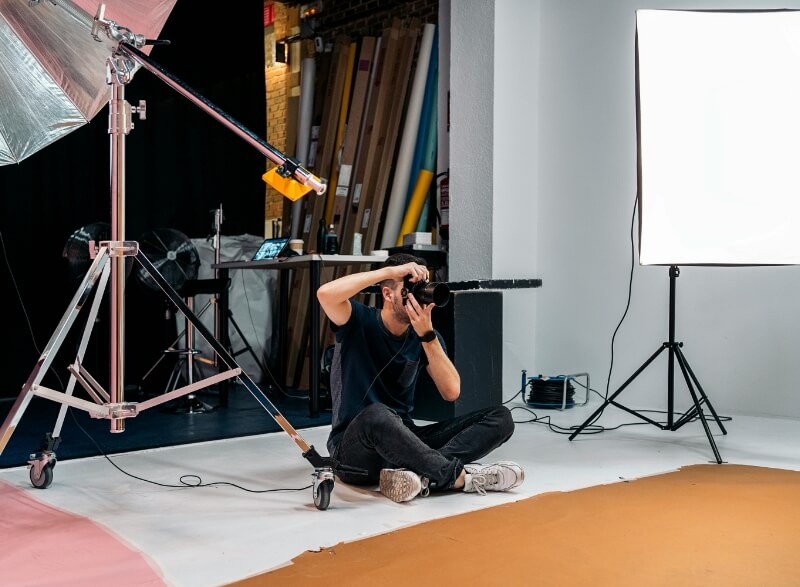Photography isn't just about capturing images; it’s a powerful tool for change, artistic expression, learning, and sharing ideas. At Hartnell, our photography courses prepare you for advancement to college and university study, to achieve personal enrichment and development, to acquire abilities needed to produce photographic art of high aesthetic value, and to develop or hone professional skills.
Programs in Photography

Your Future in Photography
Have Questions?
Contact us to learn more about Photography .
Not sure if Photography is for you?
Explore more...
Other Disciplines in Arts & Languages
